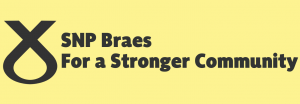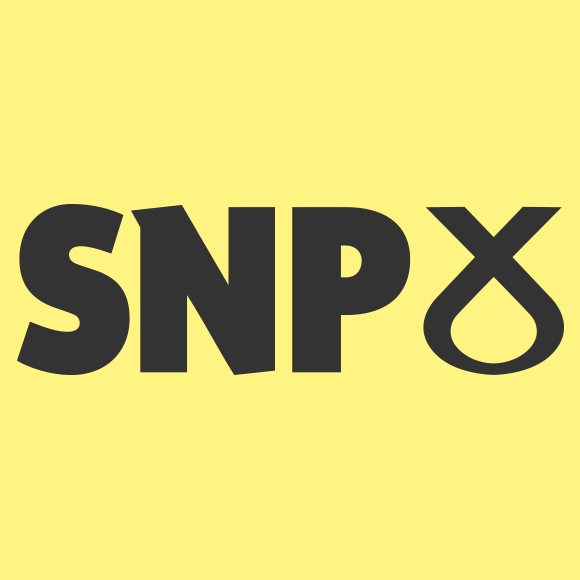Labour’s failure to win the Uxbridge by-election has been blamed on Ulez, the Ultra Low Emission Zone, a charge based on vehicles and emissions designed to reduce pollution. Now Sir Keir Starmer is backtracking on his commitment to this environment-friendly policy. U-turns by Starmer are nothing new since he became Labour leader. When standing for the leadership, Starmer made a range of commitments. All wannabe shadow ministers fell over themselves to endorse this new dawn for Labour.
It wasn’t the policies that had cost Labour the 2019 election, they said, it was the former leader, Jeremy Corbyn. In the leadership election, he called Corbyn his “friend” and would continue his friend’s work. He has now blocked Corbyn from standing for Labour at the next election because of his stance on anti-semitism within the party, something that apparently did not bother Starmer when he was in Corbyn’s shadow cabinet and was hoping to become a Cabinet member under Corbyn. Top of Starmer’s list of commitments, the first nine words of his leadership pledges, were: “Increase income tax for the top five per cent of earners.” That commitment has gone and Starmer is now committed to lowering taxation.
He promised to nationalise (or, in his words, to bring into “common ownership”) rail, mail, energy and water. With the timing of a genius, just when such a policy would be almost universally popular, he jettisoned the plan to bring into public ownership the big six energy companies.
In the leadership election, he pledged to end the private sector’s involvement in the NHS. He specifically said he would “end outsourcing”. Yet a year ago he said that a Labour government would “likely have to continue with” some private provision in health services.
Having said in his leadership campaign that he would “work shoulder to shoulder” with trade unions, he has sacked his shadow rail minister Sam Terry for publicly supporting striking rail workers, Sir Keir’s commitment to abolish university tuition fees (a central plank of Corbyn’s platform, one on which Starmer was elected to Parliament in 2019 and one that he repeated when standing to succeed his friend), has also gone. He now says a Labour government will look at lowering graduate monthly repayments, and that the party is “likely to move on from (the abolition of tuition fees) commitment.”
Recently we had the latest U-turn: the dropping of the commitment to abolish the Conservatives’ cap on Child Benefit to be payable for just two children. This policy was described as vile and pernicious by countless frontbenchers. Starmer previously described the cap as inhuman. According to The Guardian, one Labour frontbencher said that even if the policy was popular with focus groups, it was “toxic, morally wrong and doesn’t work”.
Patrick Maguire, at The Times, who is usually well-informed on these matters, reported that not one member of the Shadow Cabinet spoke out against Starmer’s latest U-turn at a recent meeting where it was discussed. Pat McFadden, Lisa Nandy and Jonathan Ashworth (the same Ashworth who last month described the cap as “heinous”) are reported as having spoken in support of Starmer’s change of heart at last week’s Shadow Cabinet meeting.
Part of Labour’s problem is the increasingly authoritarian, tough-guy image being cultivated by Starmer. He tolerates no dissent. He sees himself as a modern-day Tony Blair. Even though, like Blair, he has a Conservative Party in total shambles, Sir Keir has neither the personality nor the personal popularity to be a new Blair. For the record, I didn’t like Blair but I can acknowledge his abilities and popularity prior to Iraq.
Starmer and Rachel Reeves repeat the mantra that they will not make any commitments that can’t be paid for. It’s hardly the stuff to inspire. In defending Starmer’s U-turn, Lucy Powell said on ITV News: “There just, frankly, is no money left (sic).”
But Jonathan Portes, professor of economics and public policy at King’s College London, said this claim is “laughable”. “This is an absurd way of talking about policymaking. Talking about there being no money left is the economics of the kindergarten.”
Portes said: “The idea we do not have money to spend around £1 billion to help hundreds of thousands of kids living in deprivation … is ridiculous and no serious economist would support that, regardless of ideology.”
There is money. There is always money to fight wars. Labour is just prioritising lower taxes for the very rich over Child Benefit for the very poor.
Most Labour voting members of the public must be totally dismayed at this string of broken pledges there seems to be little difference now between Starmer’s version of Labour and Sunak’s Tory party. So it’s time to ask difficult questions of Annas Sarwar or does he support all of these U-turns.
It is also time to think about what you want for yourself, your children and your grandchildren are they going to be ruled by Unionist political parties who care little for Scotland or are you going to vote for a brighter fairer Independent Scotland






Leave A Comment